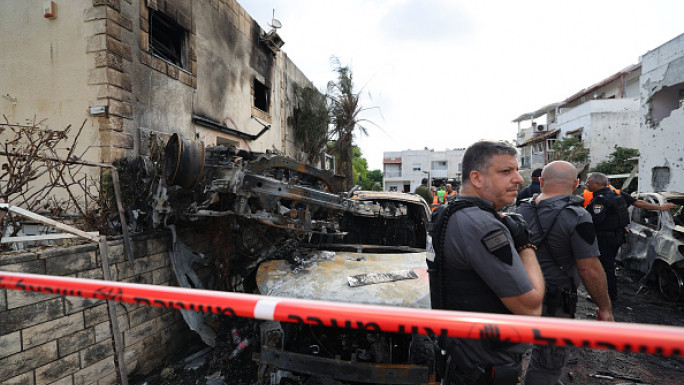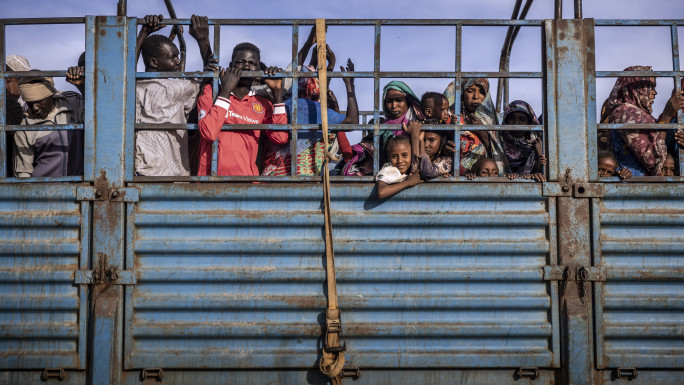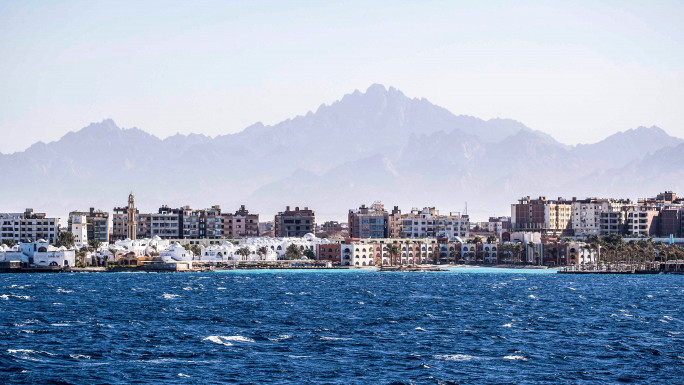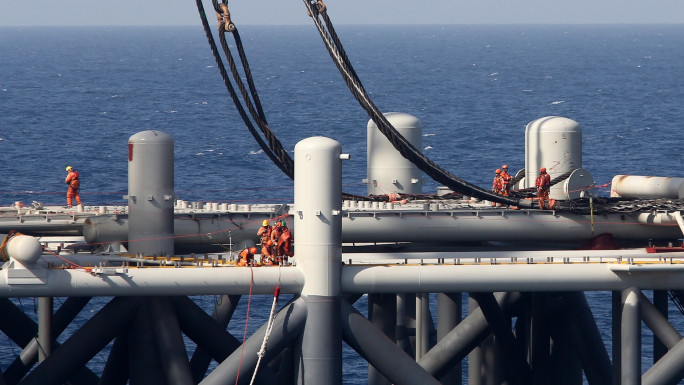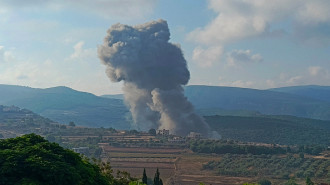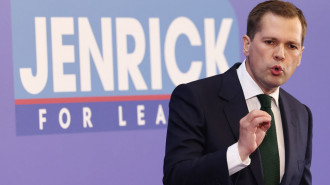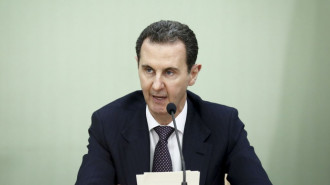Jerusalem's 'day of rage'
Heavy clashes erupted across Jerusalem on Friday, after dozens of youths burned tyres, threw stones and fought with Israeli police forces.
The most violent confrontations hit Shuafat refugee camp after a funeral procession was held for the camp's resident Ibrahim al-Akari, the man responsible for Wednesday's car attack.
Demonstrations also took place elsewhere in the occupied West Bank.
In Hebron, protesters clashed with Palestinian Authority police officers who were preventing demonstrators from reaching the main road normally used only by residents of Israeli settlements, which are illegal under international law.
Clashes also erupted in Nablus, Bethlehem and several villages.
Hundreds of people also came out on the streets in Rahat, an Arab city in the Negev, denouncing Israeli actions in Jerusalem.
Israel deployed thousands of police officers across occupied east Jerusalem in anticipation of violence after Friday prayers.
Police prevented men under the age of 35 from attending the main weekly Friday prayers at al-Aqsa mosque in the Old City, in an attempt to contain growing Palestinian anger.
| The risk is that if we do not move forward on the political track, we will go back... again to violence. - Federica Mogherini, EU foreign policy chief |
Almost daily protests have raged in Palestinian neighbourhoods over Israel's policies in occupied east Jerusalem and anger over efforts by far-right Jewish groups to challenge Palestinian sovereignty and rights over the mosque compound.
Attempts to access the mosque plaza by Jewish activists - in contravention of Israeli law and guidance given by the country's chief rabbinate - sparked condemnation this week, with Jordan recalling its ambassador to Israel in protest after Wednesday's clashes.
Prime Minister Binyamin Netanyahu told Jordan's King Abdullah that there would be no change to the decades-old status quo at the shrine, which is one of the most sensitive flashpoints in the Middle East.
Jordan's status as custodian of Al-Aqsa mosque compound and other Muslim holy sites in annexed east Jerusalem is enshrined in the 1994 peace treaty between the two countries.
'Punitive actions'
In Wednesday's attack, a 38-year-old Palestinian from Shuafat rammed his car into two groups of pedestrians, killing a border police officer.
The Israeli prime minister has reportedly ordered the family homes of the two Palestinian men who carried out this week's car attacks to be razed to the ground.
Article 53 of the Geneva Convention permits the destruction of private property only "where such destruction is rendered absloutely necessary by military operations".
Punitive actions are not necessary for military operations - defined as "the movement, manoeuvres, and actions of any sort, carried out by the armed forces with a view to combat" - say analysts.
EU criticisms
The European Union's new foreign affairs chief, Federica Mogherini, warned of a new wave of Israeli-Palestinian violence if there was no progress towards peace talks.
"The risk is that if we do not move forward on the political track, we will go back... again to violence," she told reporters.
Speaking in Jerusalem on her first visit to the region since taking up the EU's top diplomatic post, Mogherini criticised Israel's illegal settlement expansion policies as an "obstacle" to peace.
"New settlements are an obstacle, as we see, but we also see that there might be a political will... to resume the talks and specially (to) make sure that these talks bring results," she said.

